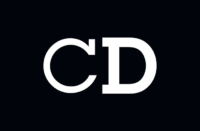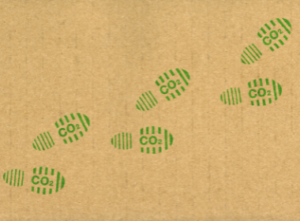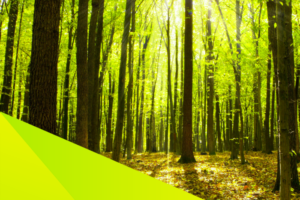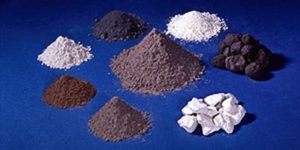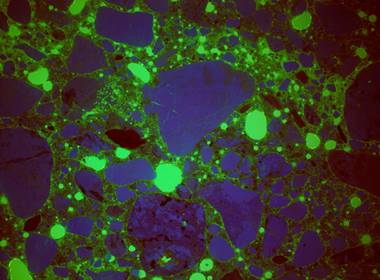 Hycrete, Inc., a leader in moisture and corrosion protection technologies in concrete, is proud to announce the release of a Swedish Cement and Concrete Research Institute report detailing Hycrete’s hydrophobic admixture and its effect on radon exhalation rates of concrete. The study, which spanned 22 months, showed that concrete containing Hycrete reduces radon exhalation by 35% compared to the control.
Hycrete, Inc., a leader in moisture and corrosion protection technologies in concrete, is proud to announce the release of a Swedish Cement and Concrete Research Institute report detailing Hycrete’s hydrophobic admixture and its effect on radon exhalation rates of concrete. The study, which spanned 22 months, showed that concrete containing Hycrete reduces radon exhalation by 35% compared to the control.
Radon is a mono-atomic gas that is the second-largest cause of lung cancer in the world. The natural decay of minerals commonly found in soil, granite, and building materials such as concrete releases radon gas. The study found that the primary parameters of radon exhalation in building materials are; permeability, porosity, moisture, pressure gradient, and temperature of the material. Due to the controlled nature of the study, temperature and pressure gradient were set equal. This focused on the effects of permeability, porosity, and moisture content as a transport mechanism for radon.
A typical strategy to reduce radon exhalation is to add fly ash to the concrete mix. As the world transitions away from the use of coal-fired electrical generation once reliable sources of fly ash are becoming harder to secure and alternative strategies need to be found.
The study aimed to find an admixture that could hinder the free transport of moisture and radon through concrete. The researchers theorized that an additive that could hinder the free transport of water from the concrete surface by clogging the pores might directly affect the radon diffusion rate within concrete. Experiments were devised to test this hypothesis. It also evaluates Hycrete’s effectiveness at lowering radon diffusion in comparison to fly ash.
More about the study
Three identical concrete samples were placed through a series of testing. The only difference in the mixes was the addition of Hycrete to one sample, and the substitution of Portland cement with fly ash in another. They used the third concrete cube as a control. They cured three cubes in a water bath for one week. Then they stored them in a conditioning room at 23°C and 50% RH (relative humidity) for 22 months. They took measurements using an ATMOS 33 ionizing pulsation chamber at 5 different occasions to measure the exhalation rate of radon in the three samples.
Hycrete outperformed the fly ash mix by 25%. Additionally, a 39% improvement over the control in moist concrete conditions with a higher RH value (77.5 %+).
Researchers concluded it is likely that the use of Hycrete corrosion inhibitor strongly reduces the diffusion length of radon and less radon is able to reach the surface. Using the Hycrete additive may have a substantial impact on the radon gas exhalation rate of concrete and consequently the radon gas level within a room. The results demonstrated the significance and effectiveness of an additive to reduce radon levels in building materials.
For more Hycrete information, please visit www.hycrete.com.
About Hycrete Inc.
Based in Fairfield, N.J., Hycrete, Inc. provides concrete producers, builders, designers, and owners with modern concrete construction technologies that deliver long-term water, vapor and corrosion protection. Hycrete’s sustainable solutions, backed by industry-leading warranties, accelerate construction schedules, deliver cost savings and provide peace of mind. The company delivers integral waterproofing that eliminates the need for external membranes. It also offers admixtures designed to enhance concrete durability and keep water out of structures. The company focuses on sub-grade, grade, and super-grade water, vapor and corrosion protection. Applications include deep foundation slabs and walls, podium and plaza decks. It also includes water features, green roofs, water treatment, parking and tunnel structures. For more information, please visit www.hycrete.com.
